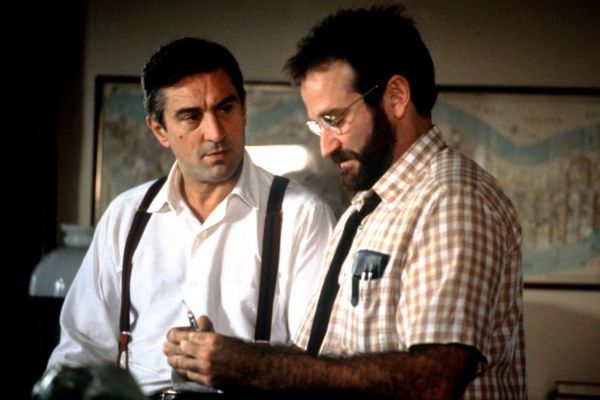Do you want to know if Awakenings is based on true events? Then continue reading to find out if Awakenings is based on a true story and learn more about this film.
Is Awakenings based on true events?
Page Contents
Awakenings is, indeed, based on a true story. It is based on Oliver Sacks’ memoir Awakenings, about a neurologist who worked with a group of patients in a Bronx, New York, hospital in the late 1960s who had been catatonic for decades due to an outbreak of encephalitis lethargica.
Sacks gave the patients L-Dopa, which temporarily awakened them from their catatonic state and allowed them to move and communicate. The 1990 film adaptation starred Robin Williams as Sacks and Robert De Niro as one of the patients, Leonard Lowe.
The Movie Awakenings Explained
Awakenings is based on the real-life work of Dr. Oliver Sacks, a neurologist who discovered a treatment that temporarily awakened a group of patients who had been catatonic for decades. The film’s plot revolves around Dr. Malcolm Sayer (Robin Williams), a fictionalized version of Dr. Sacks. Dr. Sayer is a shy, introverted doctor who is hired to work in a hospital treating chronic patients.
He encounters a group of patients who have been catatonic for decades, unable to communicate or interact with the outside world. Dr. Sayer is captivated by these patients and begins experimenting with a new drug known as L-Dopa, which was originally developed to treat Parkinson’s disease. To his surprise, the drug works, and the patients are “awakened” from their coma.
Their lives are transformed as they begin to communicate with each other and with their families. However, as the film progresses, the patients begin to experience medication side effects, and their condition worsens.
Most of the patients eventually return to their catatonic state, though one patient, Leonard, played by Robert De Niro, is able to hold onto his awakening for a little longer before succumbing to it. The film delves into themes such as hope, compassion, and the limitations of medical treatment. It also raises questions about the nature of consciousness and human mind mysteries.
Plot of Awakenings
Dr. Malcolm Sayer (Robin Williams) is a neurologist assigned to work with a group of patients in a Bronx, New York hospital who have been in a catatonic state for decades due to an outbreak of encephalitis lethargica.
Sayer is captivated by the patients and begins experimenting with a new drug called L-Dopa, which temporarily awakens the patients from their catatonic state and allows them to move and communicate. One patient, Leonard Lowe (played by Robert De Niro), responds particularly well to the drug and begins to improve.
Sayer develops a close bond with Leonard and the other patients, and as more patients are given the drug, they, too, begin to improve. However, the drug has side effects, and the patient’s condition worsens. Sayer is torn between wanting to keep the treatments going and knowing that they may end up harming the patients.
The Meaning of Awakenings’ Ending
Awakenings’ ending is both hopeful and heartbreaking. As the medication that has been assisting the patients wears off, they begin to revert to their catatonic states. However, before they do, they are given the opportunity to connect with their loved ones and the world around them for a brief moment.
Dr. Sayer realizes that, even as the patients return to their unresponsive states, they have experienced something profound during their time awake, and he becomes determined to continue his research in order to find a more permanent solution. The film concludes with Dr. Sayer alone in his office, watching a video of one of the patients who had briefly awakened.
He acknowledges that the patients’ experiences, while brief, were transformative and meaningful. The ending implies that, while the patients eventually return to their unresponsive states, their brief awakening provided a glimpse of what is possible and that their lives had value beyond their condition.
Also Read: Is Deadliest Catch’s Josh Harris Wed? Family And Wealth





